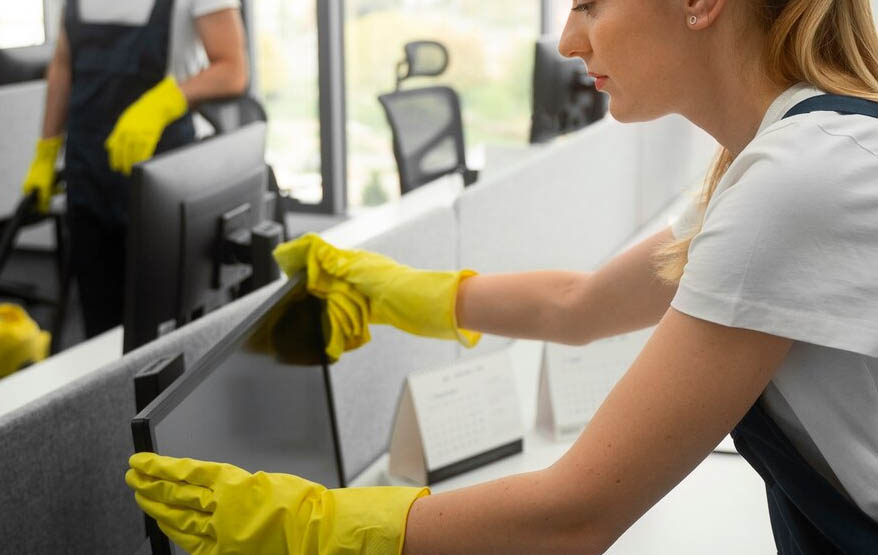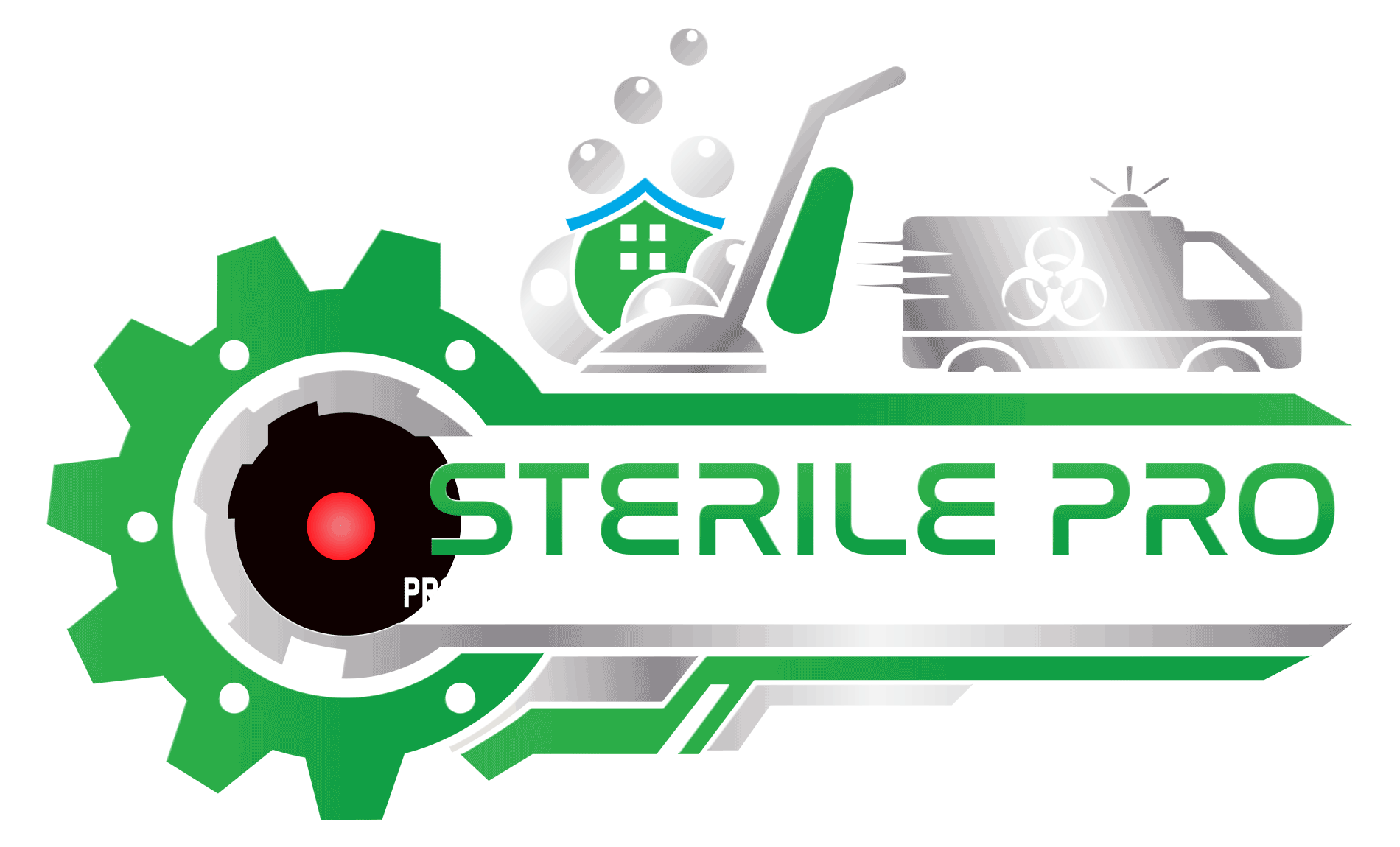Why the Cleaning Franchise Business is Booming: Insights for Entrepreneurs

In recent years, the cleaning franchise business has emerged as a vibrant and rapidly expanding sector within the entrepreneurial landscape. This growth can be attributed to several key factors that make it an attractive venture for aspiring business owners.
Firstly, heightened awareness of hygiene and cleanliness, especially in light of global health crises like the COVID-19 pandemic, has underscored the critical need for professional cleaning services. Businesses, healthcare facilities, and even residential spaces increasingly prioritize cleanliness as a cornerstone of their operations and wellbeing, driving steady demand for reliable cleaning solutions.
Secondly, the franchise model offers a compelling entry point for entrepreneurs seeking a proven business model with lower risks compared to starting from scratch. Franchises provide comprehensive training, operational support, and established brand recognition, which are invaluable assets in navigating competitive markets.
Moreover, the scalability and flexibility inherent in cleaning franchises cater to diverse client needs, from routine office cleaning to specialized sanitation services. This adaptability not only ensures a broad customer base but also allows franchise owners to tailor their services to local market demands effectively.
Lastly, technological advancements and eco-friendly practices are reshaping the industry, offering innovative solutions that appeal to environmentally conscious consumers and businesses alike. This combination of factors underscores why the cleaning franchise business continues to thrive and presents a lucrative opportunity for entrepreneurial success.
To proceed with a comprehensive exploration of the cleaning franchise business, let’s delve deeper into its various facets, opportunities, challenges, and strategies for success.
The Evolution of Cleaning Services
The cleaning services industry has undergone significant evolution over the past decade. What was once seen as a basic necessity has transformed into a sophisticated sector offering specialized services tailored to diverse client needs. Initially dominated by small, independent operators, the industry has shifted towards franchise models that provide standardized services and reliable brand recognition. This evolution is driven by changing consumer preferences, stricter hygiene standards in commercial and residential settings, and advancements in cleaning technologies.
Market Trends and Opportunities
The cleaning franchise market is experiencing robust growth, fueled by increasing awareness of cleanliness standards and the demand for professional services. Key trends include the rise of eco-friendly cleaning solutions, which cater to environmentally conscious consumers and businesses. Additionally, there’s a growing demand for specialized cleaning services in sectors such as healthcare, hospitality, and education, where stringent hygiene protocols are essential.
Benefits of Owning a Cleaning Franchise
Owning a cleaning franchise offers numerous advantages over starting an independent cleaning business. Franchisees benefit from established brand recognition, operational support, training programs, and access to proven business systems. This reduces the learning curve and operational risks associated with entrepreneurship. Moreover, franchise networks provide economies of scale in purchasing equipment and supplies, which can lower operational costs and enhance profitability.
Choosing the Right Cleaning Franchise
Selecting the right cleaning franchise is crucial for long-term success. Factors to consider include the franchisor’s reputation, support structure, initial investment requirements, and territory exclusivity. Franchisees should conduct thorough due diligence, including speaking with current franchise owners, reviewing the franchise agreement, and assessing the market demand in their target location. A strong alignment between the franchisee’s goals and the franchisor’s vision is essential for a fruitful partnership.
Financial Considerations and Investment
Investing in a cleaning franchise requires careful financial planning. Franchise costs typically include initial franchise fees, equipment purchases, and ongoing royalty payments. Franchisees should prepare a detailed business plan outlining startup costs, projected revenue, and operational expenses. Securing financing through banks, Small Business Administration (SBA) loans, or franchisor-provided financing options can help mitigate initial investment challenges and ensure sustainable growth.
Operational Challenges and Solutions
Running a cleaning franchise comes with its share of operational challenges, such as managing staff, maintaining service quality, and adapting to seasonal demand fluctuations. Effective workforce management, continuous training programs, and implementing quality control measures are essential for delivering consistent service excellence. Leveraging technology, such as scheduling software and digital communication tools, can streamline operations and improve efficiency.
Compliance and Regulatory Standards
Compliance with health, safety, and environmental regulations is paramount in the cleaning services industry. Franchisees must adhere to industry-specific standards and certifications, such as Occupational Safety and Health Administration (OSHA) guidelines and Environmental Protection Agency (EPA) regulations for cleaning products. Staying informed about regulatory updates and investing in ongoing training ensures compliance and enhances credibility with clients.
Marketing and Customer Acquisition
Effective marketing is critical for attracting and retaining customers in the competitive cleaning services market. Franchisees should leverage both traditional and digital marketing strategies, including website optimization, social media marketing, local advertising, and networking within their community. Building strong relationships with property managers, business owners, and residential clients through excellent service and referrals can drive sustained growth and brand loyalty.
Innovation in Cleaning Technologies
Advancements in cleaning technologies play a pivotal role in enhancing service efficiency and effectiveness. From automated cleaning systems and electrostatic sprayers to environmentally friendly cleaning agents, innovation enables cleaning franchisees to deliver superior results while reducing environmental impact. Embracing technology-driven solutions not only improves operational efficiency but also positions franchises as leaders in the evolving cleaning industry.
Sustainability and Corporate Social Responsibility
Sustainability initiatives and corporate social responsibility (CSR) are increasingly important considerations for cleaning franchises. Adopting green cleaning practices, minimizing waste generation, and promoting energy-efficient operations resonate with environmentally conscious consumers and businesses. Integrating sustainability into business practices not only enhances brand reputation but also contributes to a healthier environment and community engagement.
Navigating Competitive Challenges
The cleaning franchise sector is competitive, with numerous national and regional players vying for market share. Franchisees can differentiate themselves by offering superior customer service, specialized cleaning solutions, and competitive pricing. Building a strong reputation for reliability, responsiveness, and professionalism can help franchises stand out in a crowded marketplace and attract loyal clientele.
Conclusion
In conclusion, the cleaning franchise business presents lucrative opportunities for entrepreneurs seeking a scalable and resilient venture in the service industry. With increasing demand for professional cleaning services across various sectors, franchise ownership offers a pathway to entrepreneurial success backed by established business models and comprehensive support systems. By embracing innovation, adhering to regulatory standards, and prioritizing customer satisfaction, cleaning franchisees can navigate challenges, capitalize on market trends, and achieve sustainable growth in this dynamic industry.
“For more information please click on this link“



